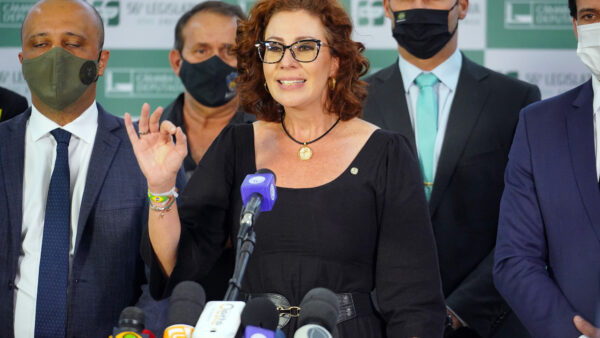Colombia is just one week away from a presidential election that could significantly reshape the country. Gustavo Petro has added to his lead in recent polls, increasing his chances of becoming the first left-wing president in the country’s history.
Such an ideological shift could mean big economic changes, therefore it is worth taking a look at Mr. Petro’s reform proposals and how they could affect Colombia’s economic landscape.
Gustavo Petro’s campaign platform could perhaps be best compared to that of the newly-elected left-wing government in Chile, looking to significantly increase the role of the state through tax, spending, and regulatory changes.
The candidate is targeting a big jump in tax revenue, hoping for an extra 5.5 percentage points of GDP, using a progressive approach that would focus on Colombia’s highest-earning individuals as well as raising levies on dividends and capital gains — while also promising to cut other corporate taxes in exchange.
Strong criminal penalties to clamp down on tax evasion and the use of tax havens are also central to Mr. Petro’s manifesto, as is the use of taxation to discourage the production and consumption of unhealthy foods and the ownership of “unproductive land.”
But according to Andes University economist Mauricio Reina, those ideas could be hard to put into practice. “The amount [of tax revenue] he wants to bring in is massive compared to historical standards. No one has ever carried out a tax reform of that magnitude, and [Mr.] Petro wouldn’t have enough control over Congress to change that,” Mr. Reina tells The Brazilian Report.
Colombia’s federal administration currently rakes in 14 percent of GDP in tax, rising to...


 Search
Search






































